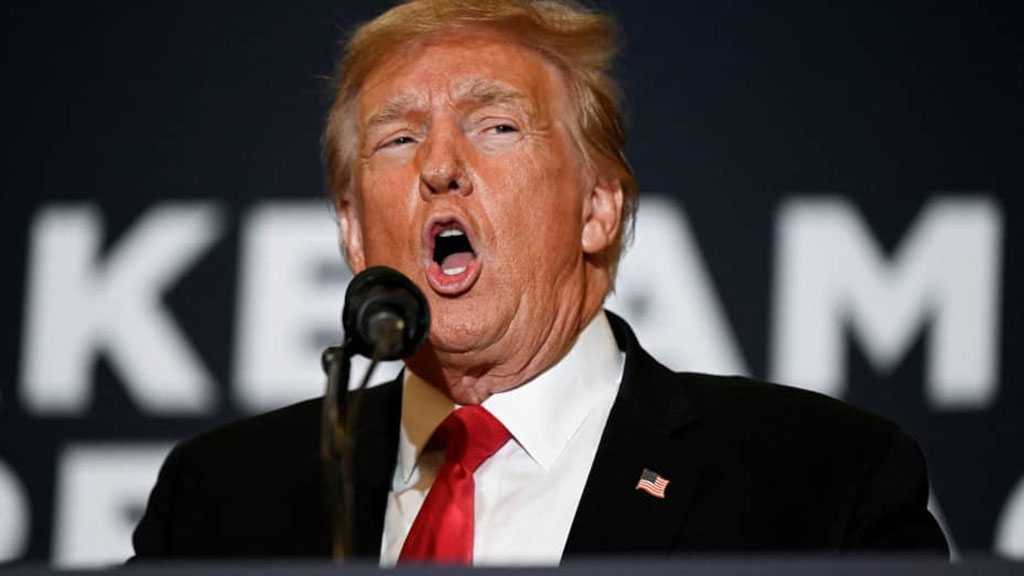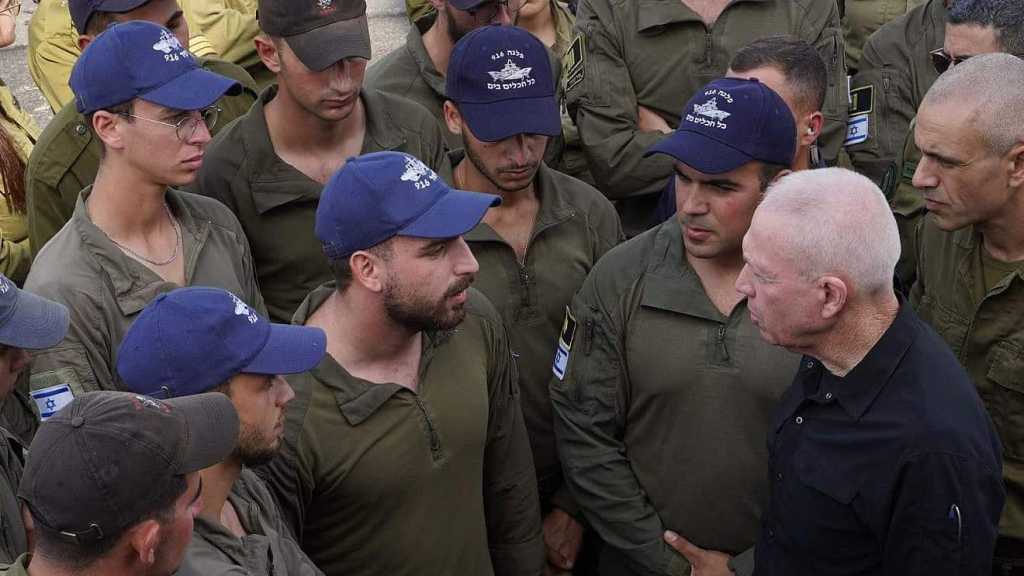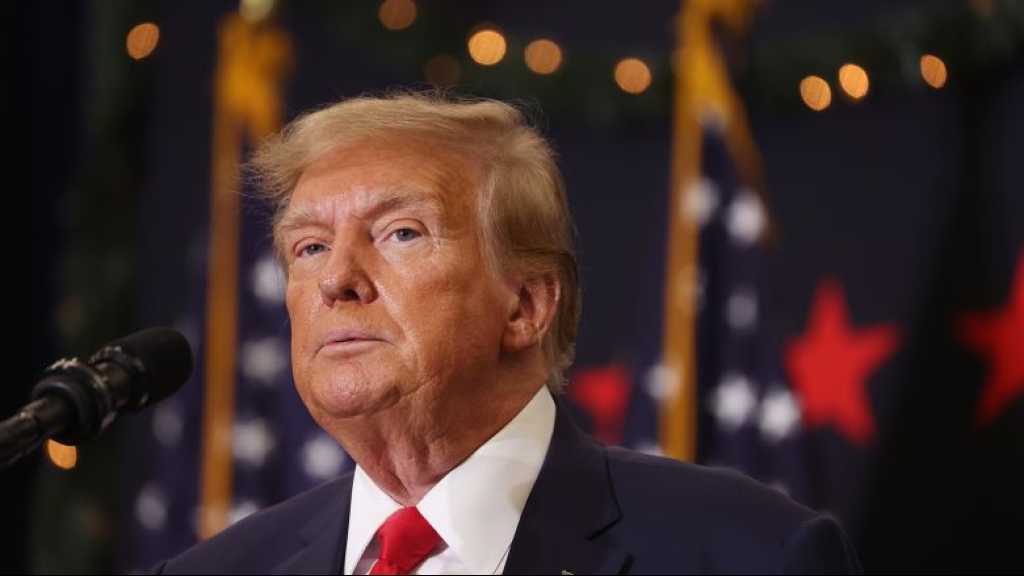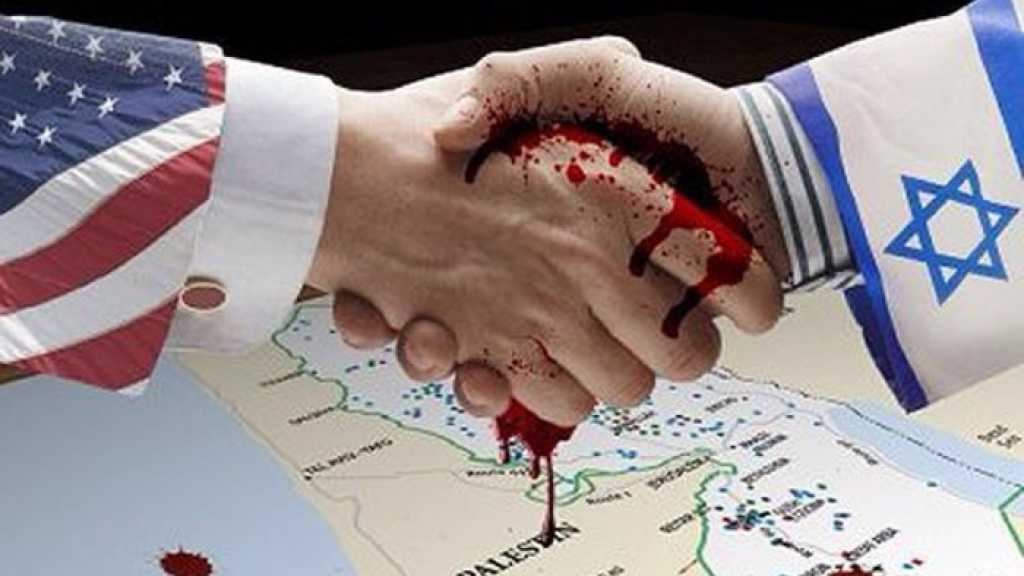
US Orders 15 Cuban Diplomats to Leave Washington Embassy
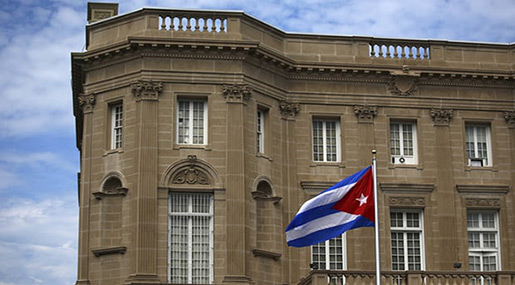
Local Editor
The US had ordered 15 Cuban embassy officials to leave the country as result of a string of mysterious health incidents affecting 22 of its diplomats in Havana, which Washington said were the result of deliberate attacks.
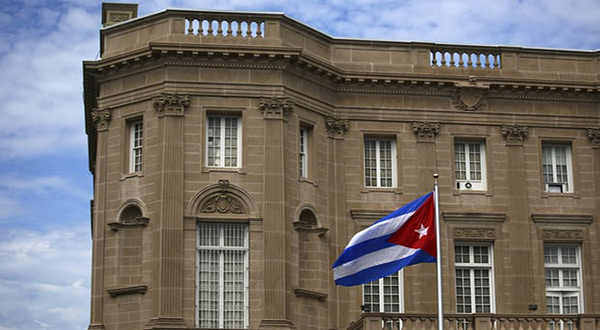
The state department said the expulsions did not necessarily mean the US had concluded that the Cuban government was responsible for a variety of symptoms including hearing loss, headaches and cognitive problems, but it said Cuba had failed to live up to its obligations under international law to protect diplomats.
The US also said that the move was designed to achieve parity in each country's embassy functions, after Washington announced the withdrawal on Friday of non-emergency personnel - more than half its diplomats in Havana, as well as all family members. Those US nationals are still in the process of leaving Cuba, while the 15 Cuban embassy staff are being given a week to leave.
"The decision was made due to Cuba's failure to take appropriate steps to protect our diplomats in accordance with its obligations under the Vienna Convention," the secretary of state, Rex Tillerson, said in a written statement. "This order will ensure equity in our respective diplomatic operations.
A state department official said that the move did not signal a change of policy towards Cuba. "We are maintaining diplomatic relations with Havana," the official said.
Havana angrily protested the move, calling it "irresponsible" and "hasty."
Foreign minister Bruno Rodríguez called a news conference to again deny involvement and defend his country's efforts to assist in the US investigation.
"The ministry of foreign affairs strongly protests and condemns this unfounded and unacceptable decision as well as the pretext used to justify it," Rodriguez said.
The state department said the US was cooperating with that investigation while conducting its own. Officials have said there was still no evidence of the source of the attack. Speculation has included the possibility of some form of sonic weapon and a surveillance operation that went wrong.
US officials said they were confident that the incidents were targeted attacks, pointing out that some of the affected diplomats had been staying in a hotel, where none of the hotel workers seem to have been affected. The Associated Press reported over the weekend that US intelligence officials were among the first to be affected. The incidents began late last year with the last being recorded in August.
The state department said 22 of its personnel had been affected, an increase of one since Friday. An official said that the new victim had experienced health problems in January but only now has a determination been made that they were connected to the other health incidents.
"We have underscored repeatedly to the Cuban government its responsibility for the safety, wellbeing, security and protection of our diplomatic staff under the Vienna Convention in Havana," the state department official said. "We will need full reassurances from the Cuban government these attacks will not continue before we even contemplate returning personnel."
The moves deliver a significant blow to the rapprochement between the Washington and Havana that was launched by Barack Obama and Cuba's president Raúl Castro in 2015.
Democratic congressman Eliot Engel criticized the decision to expel the Cuban officials.
"It appears that this plays right into the hands of a potential rogue actor - Russia, perhaps - that is trying to create a further wedge between our two countries and other nations in the hemisphere. We need to be smart and thoughtful in responding to these attacks. Unfortunately, today's response was extremely shortsighted."
Geoff Thale at the Washington Office of Latin America [Wola], a human rights think-tank, said that there was no logic to the move.
"The United States is using the confusion and uncertainty surrounding these events as justification to take a big step backwards in US-Cuban relations," he said. "This doesn't serve our national interests, or our diplomacy, and it most certainly doesn't do anything to help advance human rights or a more open political climate in Cuba."
Source: News Agencies, Edited by website team
Comments
